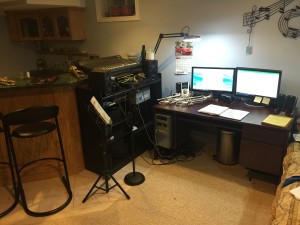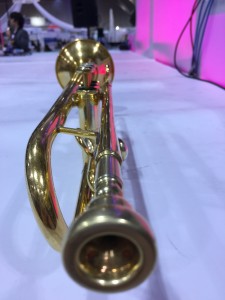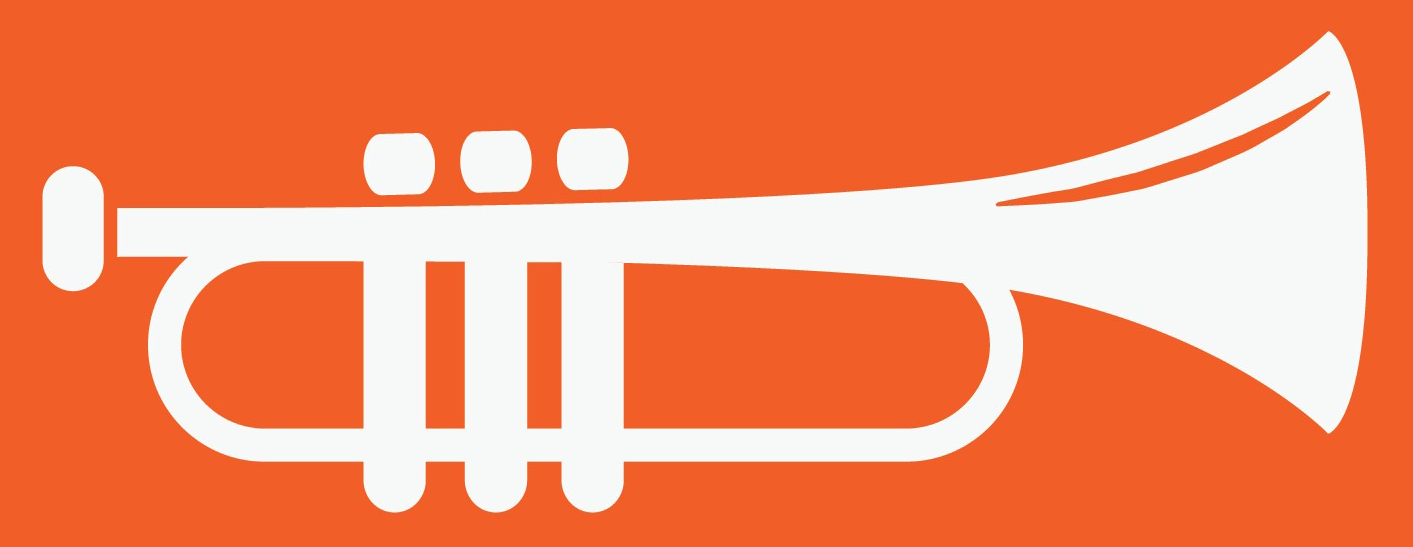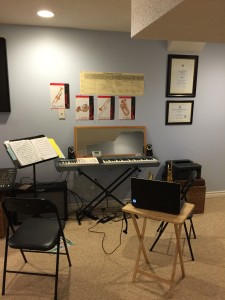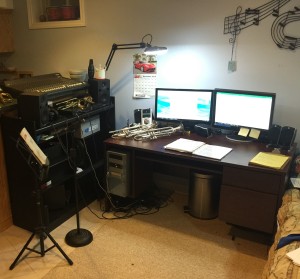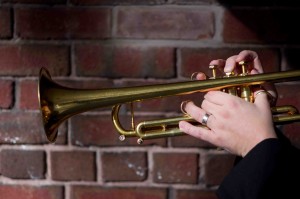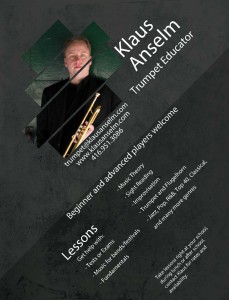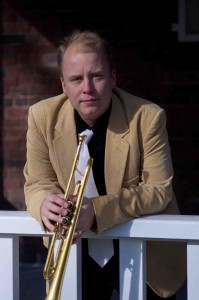On the horn
Mind over trumpet! As I’m getting addicted to practicing the horn, I am finding that there are measurable improvements that I’m achieving on the horn. Taking into consideration that I’m trying to tell my story, these blogs are meant to put my story and thoughts on paper, or the screen rather, and have a documentation of my progress from day job to musician. In no way do I wish to come across as having an ego or a “HEY, LOOK OVER HERE WHAT I CAN DO” and hope that readers interpret my writing as such.
So now to mind over trumpet. I started thinking about this as over the past two weeks it became obvious that others around me are also noticing the fruit of my labour. I must admit, practicing every day and having a well thought out approach has made playing the trumpet a lot more enjoyable as the skills are augmented by my efforts. The one question that has come up a lot is “Hey man, so what are you doing these days in your practice sessions?” I thought about this question and here is my answer:
“I’m thinking about the mental aspect of playing rather than the physical”
What I mean with this is that I’m paying more attention with my mind whenever I’m physically playing trumpet. It’s no longer a question of “Am I in shape”. By this I mean that I know I’m going to the trumpet gym every day, lifting weights (playing), and having a well thought out routine. My “cage” as some people refer to this is set up, and while it’s not fully developed yet seeing as it’s only been 2 months of solid practice, I have a level of confidence that I have not had in many years.
There are of course still good and bad days. Yesterday and today during my usual warmup session in the morning I would say that things are more of a “bad” day. However, I’m learning how to manage bad days. For this, I have come up with a “Mental Checklist”. Keeping with my theme of ‘trumpet self discovery’, I will talk about what my mental checklist is, however, I would think that everyone’s mental checklist looks a bit different. There are four areas that I think about when I am analyzing the feel of the day when playing trumpet. Of course, there are more elements to playing the trumpet and this list will change with time:
Lips: I have gained an understanding of what is meant by “cage” or “gripping” the mouthpiece with your chops over the past little while. Mentally I now focus on engaging muscles in and around my lips so as to get the most efficient means of generating a pleasant note on the horn. This for me typically means focusing on the muscles of the corner of my lips/cheeks, as well as muscles underneath my lower lip. When this is in place, I almost feel like my lips are pushing the horn away from my face. What might really be happening is that I’m providing a bit of a better cushion of tissue for the mouthpiece to be placed on.
Shoulders: I have noticed that when I’m tired or I’m putting in more effort than I should or not sounding well, my shoulders might be in a forward and down position. When this is the case, I almost feel like there is unnecessary force placed on the area where my lungs are. By rolling my shoulders forward, up, back, and down (sorry, hard to put into words), I get a feeling of the area of where my lungs are as being more free and at the same time supported.
Arms: At times my arms seem to be pointing down and towards my body. Some days this doesn’t seem to matter, however, there are days where this is a definite impact. When I watch other players with what I consider “good posture”, I get a sense that their arms are further way and up from their body, almost as if they are resting their amrs on a beach ball. After I mentally focus on my arms being in this position, I again feel as though my upper body is further free but supported and doesn’t seem to produce any “negative tension” which impacts the ease of how I play the trumpet
Lower body: When taking a lesson with Paul Baron, he described to me his posture as one that resembled a bellows, which is a device used by blacksmiths to force a strong blast of air. The nozzle of the bellows is a point on stomach, for me just below my rib cage and above my belly button. This is where I try to create compression when needed for higher notes on the horn. Even when playing lower notes, I try to be mentally conscious of this point.
Once these elements are lined up, I am able to execute on the horn with more ease than not mentally focusing on these points.
On a last point, I have always been able to “squeak out” certain notes, but this was done by not properly focusing on this newly developed mental list. Some players have told me “a squeak will develop into a note”. I often felt that this wasn’t the case with me as I was likely using a different approach to get these squeaks. By focusing on my mental checklist, I was able to do a range study well above what I had been able to do previously and now feel that the “squeaks” I’m getting might develop into a note. This might indicate that a player who’s getting squeaks might also wonder about the type of squeak. Am I doing something different to achieve this squeak? Does it sound/feel drastically different than the notes I can play? This is an area which I will focus on over this week’s practice sessions. For a reference, I have recorded some of my practice sessions and have a clip of what I mean. While I’m not overly comfortable posting this as I don’t want to be perceived as someone with too much ego, I think it might support my point a bit better of what I’m trying to put into words:
Off the horn
The past week I completed what I call the “Church Campaign” in my pursuit of finding playing opportunities. It took many hours of researching online, however, I was able to find almost 150 churches in my target area online. I then went on each website and obtained an email address for each church. Last, I put together a small video as well as poster and packaged everything into an email ad campaign. 2 churches replied about a day or two after the email went out, and one church expressed strong interest in booking me for two upcoming services. I now have an email list which I am intending to utilize in the future in hopes of getting church service bookings, something I actually enjoy a lot!
My next campaign will focus on putting together my own trio as well as focusing more on getting workshops in schools as I love being able to add to the community of music education.
On a business note
Creating your own gigs is important if one wishes to be in the artistic business sector. What are you doing to create your own gigs? This for me means building contacts/networks, focusing on proper marketing, and making sure that I have a product that can be delivered to the right audience. Interestingly I find myself doing as much off the horn with my business endeavours as I do practicing the trumpet.
I am putting together a list of ideas for myself for the business aspect of being a musician. Including this blog, I so far have:
-
Don’t say NO to opportunities just because they seem to be outside of your comfort level.
-
Set a standard for yourself and uphold it!
-
What are you doing to create your own gigs?


